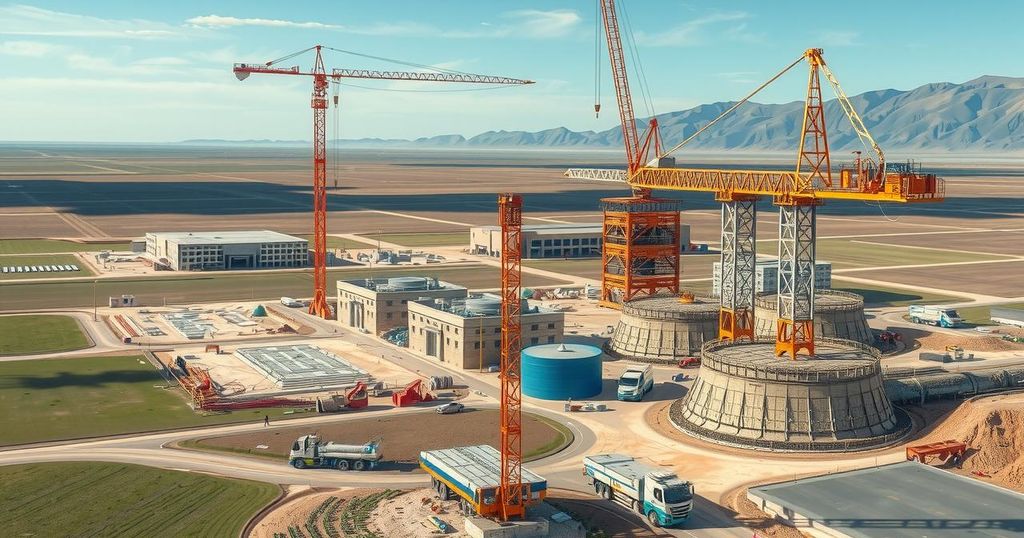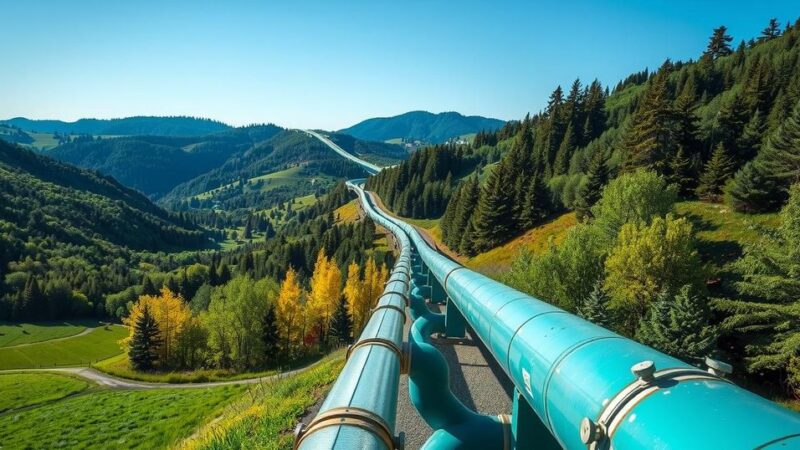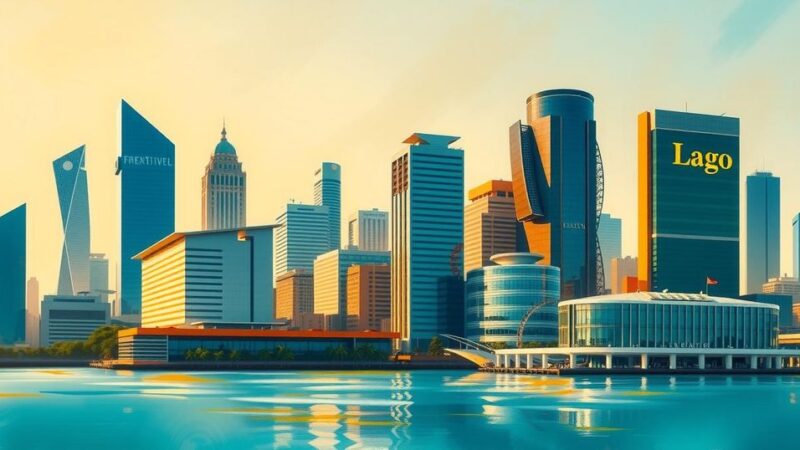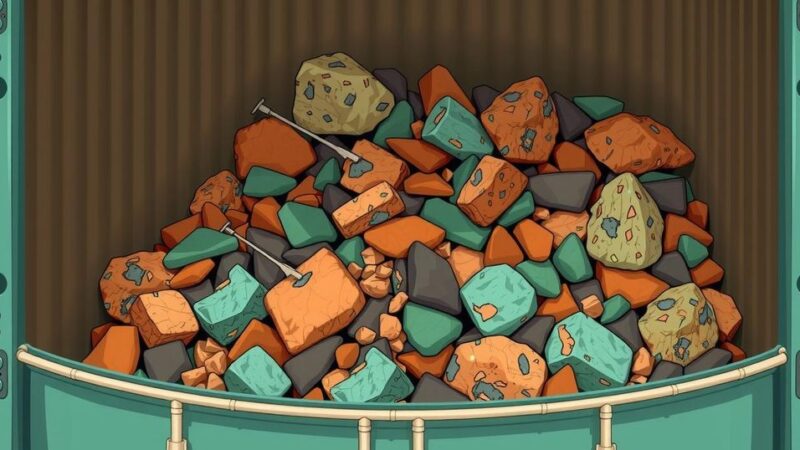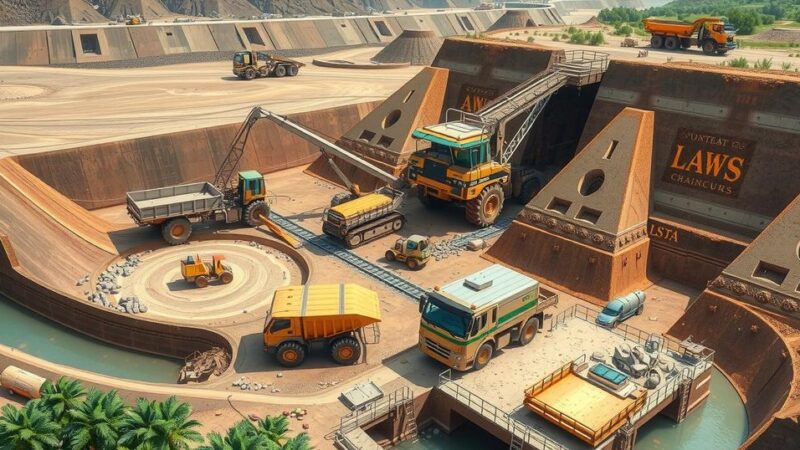Mongolia is launching large-scale industrial projects to process its mineral resources domestically, shifting from raw exports to enhancing economic capacity. Prime Minister Oyun-Erdene Luvsannamsrai has outlined 14 megaprojects, including uranium mining and energy independence efforts. Despite hurdles like funding and sustainability, the government is committed to these developments while listening to public concerns.
Mongolia is embarking on significant industrial projects, particularly in the Gobi Desert, where trucks transport coal and copper to China for processing. The mining sector, which has benefitted the economy for nearly two decades, now faces demands from leaders and the public to process minerals domestically rather than exporting raw materials. Officials are planning to enhance the country’s industrial capacity to address these concerns and create jobs.
Prime Minister Oyun-Erdene Luvsannamsrai aims to see products such as copper sheets and steel flows from factories in Mongolia rather than unprocessed minerals exported to China. If these megaprojects come to fruition, they could improve Mongolia’s position in the global supply chain significantly. However, funding, which will require billions in foreign investment, and sustainability concerns regarding the environment and traditional cultures are substantial challenges.
The government has identified 14 ambitious megaprojects, including mineral processing facilities, and continues to lay the groundwork for their execution. Recent progress includes an agreement with France for a uranium mine and a deal with China for a necessary rail line, which will enhance coal transport. Although construction will take years, achieving these outcomes will make a case for further development.
In addition to mines, the government is pursuing energy independence through a coal-fired power station and increased rail infrastructure. These initiatives aim to support Mongolia’s mining output and involve constructing factories to process minerals domestically while addressing energy needs without reliance on neighboring countries.
Political collaboration has been crucial to advancing these initiatives, as the ruling Mongolian People’s Party formed a coalition government with the Democratic Party to mitigate opposition challenges in parliament. This cooperation has resulted in completing significant agreements and is projected to streamline progress on contentious projects.
The government intends to divert water for mining use while maintaining sustainable practices, which include discussions with Russia. Nomadic communities are also being considered; access to vast territories will be preserved despite infrastructure development. Officials assert their commitment to uphold Mongolia’s culture while pursuing economic advancements.
The price for these projects will reach into the billions, with strategies emphasizing partnerships with private and foreign investors rather than taxpayer funding. Investments from companies like Orano of France and other foreign entities are being sought. The administration expresses confidence in managing international investment relationships more effectively, seeking to attract new engagements to support development.
However, there are varied opinions regarding the megaproject plans. While some leaders advocate for these initiatives, others express concerns about the risk of increased reliance on mining and its potential consequences on national stability. With three years until the next elections, the government appears resolved to continue with its development trajectory, despite dissenting voices.
Overall, Mongolia’s drive towards megaprojects represents a strategic move to enhance economic independence, yet it also raises questions about environmental sustainability and the balance between foreign investment and national interests. The government seeks to navigate these complexities while moving forward with ambitious industrialization initiatives.
In summary, Mongolia is taking significant steps to expand its economy through large-scale industrial projects, particularly by processing its mineral wealth domestically rather than exporting unprocessed resources. With plans for 14 megaprojects, challenges such as funding and public skepticism remain. Collaborative politics have aided in advancing major agreements, while the emphasis on sustainability and cultural preservation intends to balance development with tradition. As the country moves forward, the implications of these initiatives on its economy and environment will be closely monitored.
Original Source: www.bne.eu
